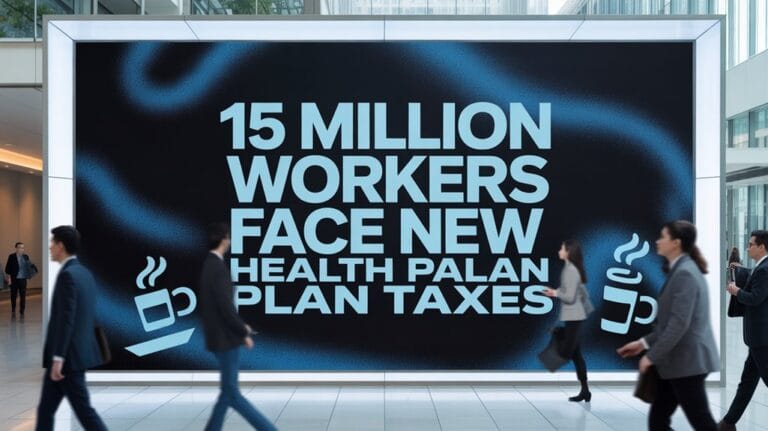What does tax reform have to do with your morning coffee? Proposals like Project 2025 and the One Big Beautiful Bill (OBBB) Act could change how employers offer workplace perks, including free coffee. Tax reforms aim to simplify rules and promote fairness, but they might make small benefits like coffee harder to keep. If employer-provided benefits exceeding $12,000 annually face new taxes, companies might cut perks to avoid red tape. This has tax implications for workers and could hurt employee satisfaction.
Companies have long used perks like coffee to enhance morale without raising salaries. But under reforms, even minor benefits could count toward tax-free caps. Tracking hundreds of tiny perks like coffee pods or snacks might burden employers. Many may decide it’s easier to drop these perks rather than add paperwork. Some employers might balance this by raising wages, but that could raise workers’ taxable income. For example, if a company cancels free coffee and gives a $5 daily raise instead, workers would pay taxes on that extra cash. Under recent changes, qualified transportation benefits such as subsidized parking and transit passes are no longer deductible, further pressuring employers to slash non-essential offerings.
Tax reforms could push employers to swap perks like coffee for taxable wages, raising costs for workers and administrative headaches.
Project 2025 targets bigger benefits too, like health insurance. Over 15 million workers might see their health plans taxed if costs pass $12,000. While lawmakers say this simplifies taxes, critics warn it might shrink benefits. This initiative reflects a broader strategy of shifting healthcare costs onto families, challenging the role of employer-based plans in managing expenses through pooling risk. Workers in high-cost industries or with large families could pay more taxes if their employers shift to taxable wages.
The OBBB Act adds more rules for executive pay and nonprofit salaries. Though its focus isn’t coffee, it shows a trend: tax reforms are tightening how benefits work. Employers must rethink perks to avoid penalties, which could mean cutting small comforts.
Losing free coffee sounds minor, but perks shape workplace culture. Studies show small gestures build loyalty and happiness. If companies streamline benefits, workers might lose more than caffeine—they could lose a daily ritual that makes work feel welcoming. Tax reform’s goal is fairness, but without careful design, it might brew unintended consequences for ordinary employees.


